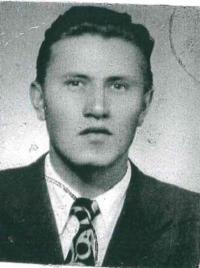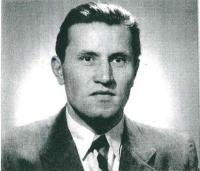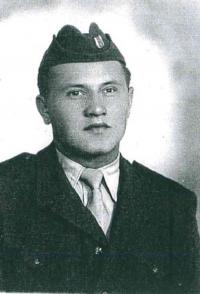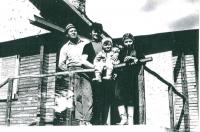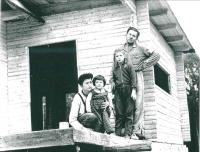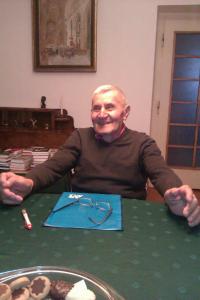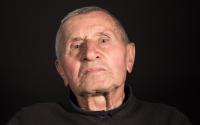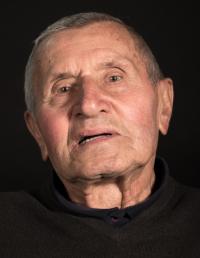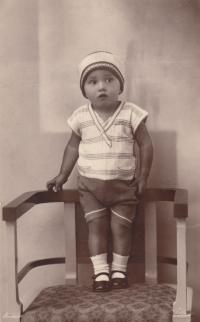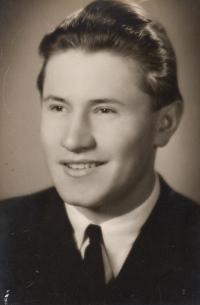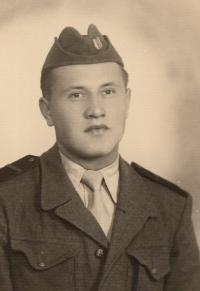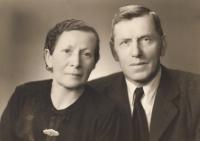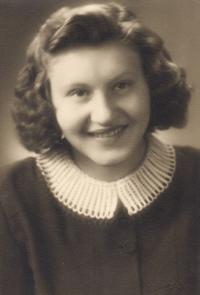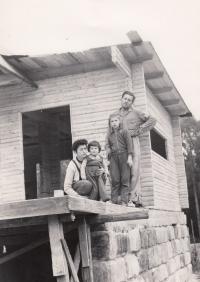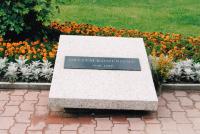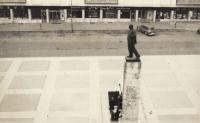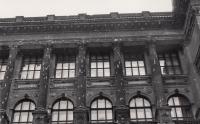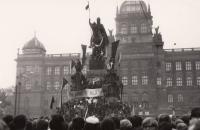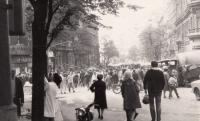The most precious thing is freedom, the freedom of speech and movement

Download image
Zdeněk Klíbr was born on January 14, 1929 in Mladá Boleslav. His father worked in the automobile company Škoda, which was called ASAP at that time, and his mother was a housewife. Zdeněk was helping at their family farm already as a young boy. He attended an elementary school, which had to change places several times because the school buildings were being used as military hospitals. He began studying the Secondary Technical School of Civil Engineering, but the school was closed down in December 1944 and the students had to go to do forced labour instead. Zdeněk Klíbr was sent to a farm in Vinec, but his father managed to secure a place in a factory for him shortly after. The working shifts often ended earlier due to air raid alarms. In 1947 Zdeněk completed his studies and he began working as a civil engineering technician in the company Hráský and Jenč. The company became nationalized after 1948 and Zdeněk and his friends were nervously observing the change of situation in the country, such as people being fired from jobs and schools, and the communists inquiring about their affinity to the West. A year after the communist coup d’état, they began printing anti-communist pamphlets, and when their friend Mirek Nevrkl became imprisoned, they decided that their resistance needed to be demonstrated more intensely. In 1950 they thus detonated an explosive device in the editorial room of the Rudé Právo (‘The Red Law’) communist newspaper in Mladá Boleslav. The police failed to find them at first, and Zdeněk became arrested only three years later, when he had meanwhile done his basic military service in Litoměřice. While in pre-trial detention in the State Security Police headquarters in Bartolomějská Street in Prague, they eventually pleaded guilty after endless interrogations. Zdeněk was sentenced to twelve years of imprisonment. He served his sentence in the Prague-Pankrác prison and in the labour camp in Jáchymov before he was released in 1958. He worked in the uranium mine Rovnost. After his release, he married and at first he worked as a mason, and later as a technician and a building site manager.
